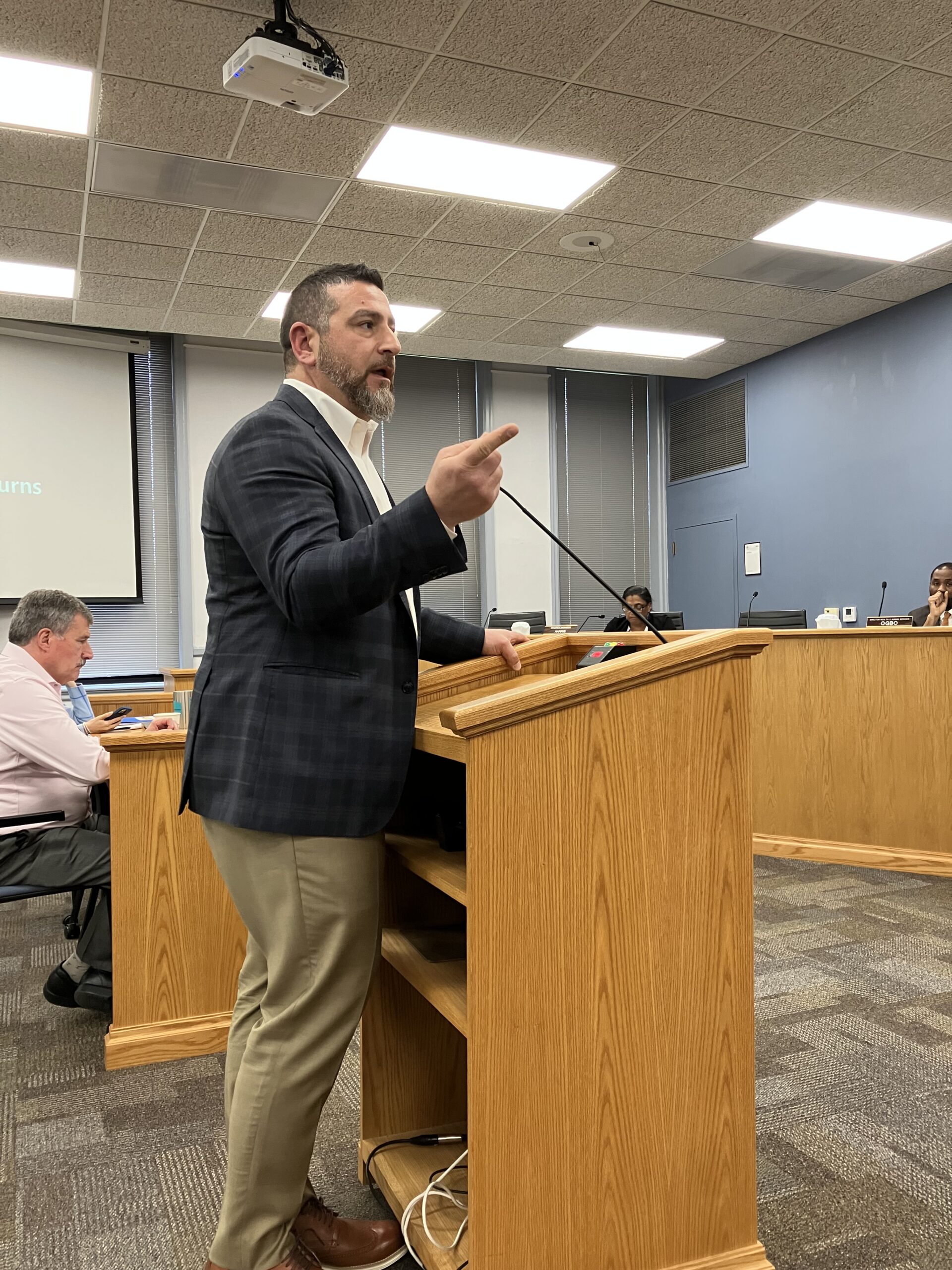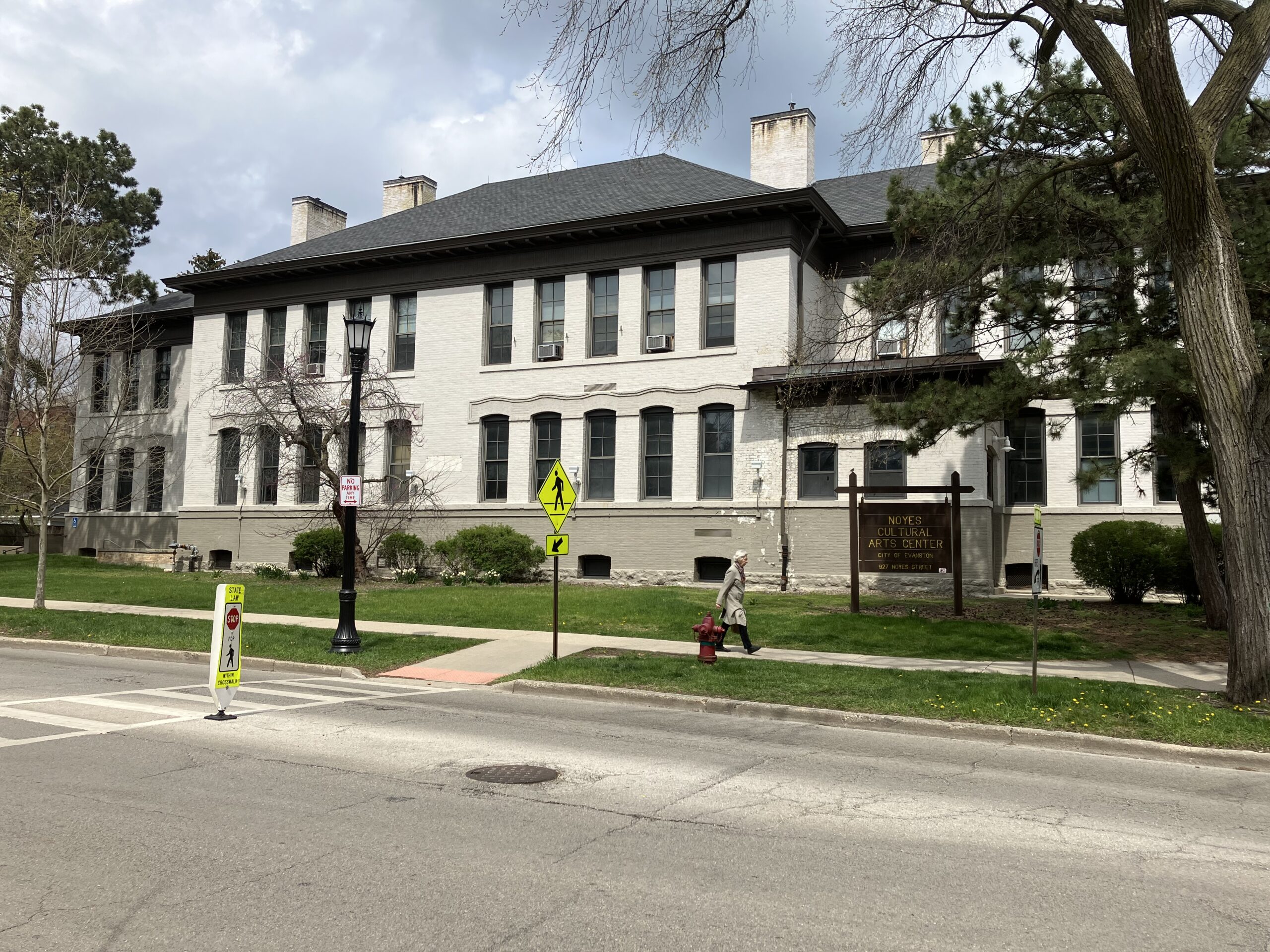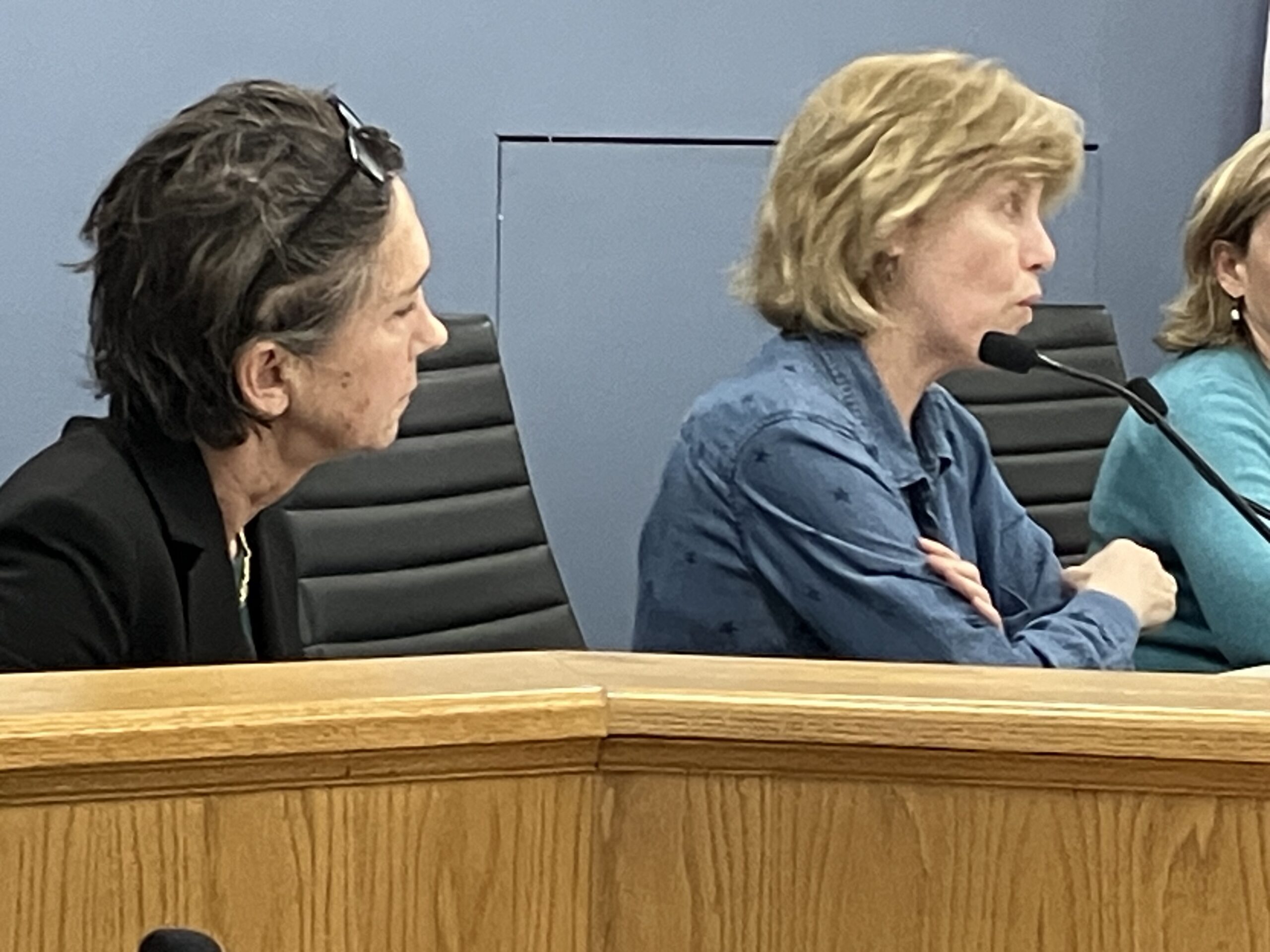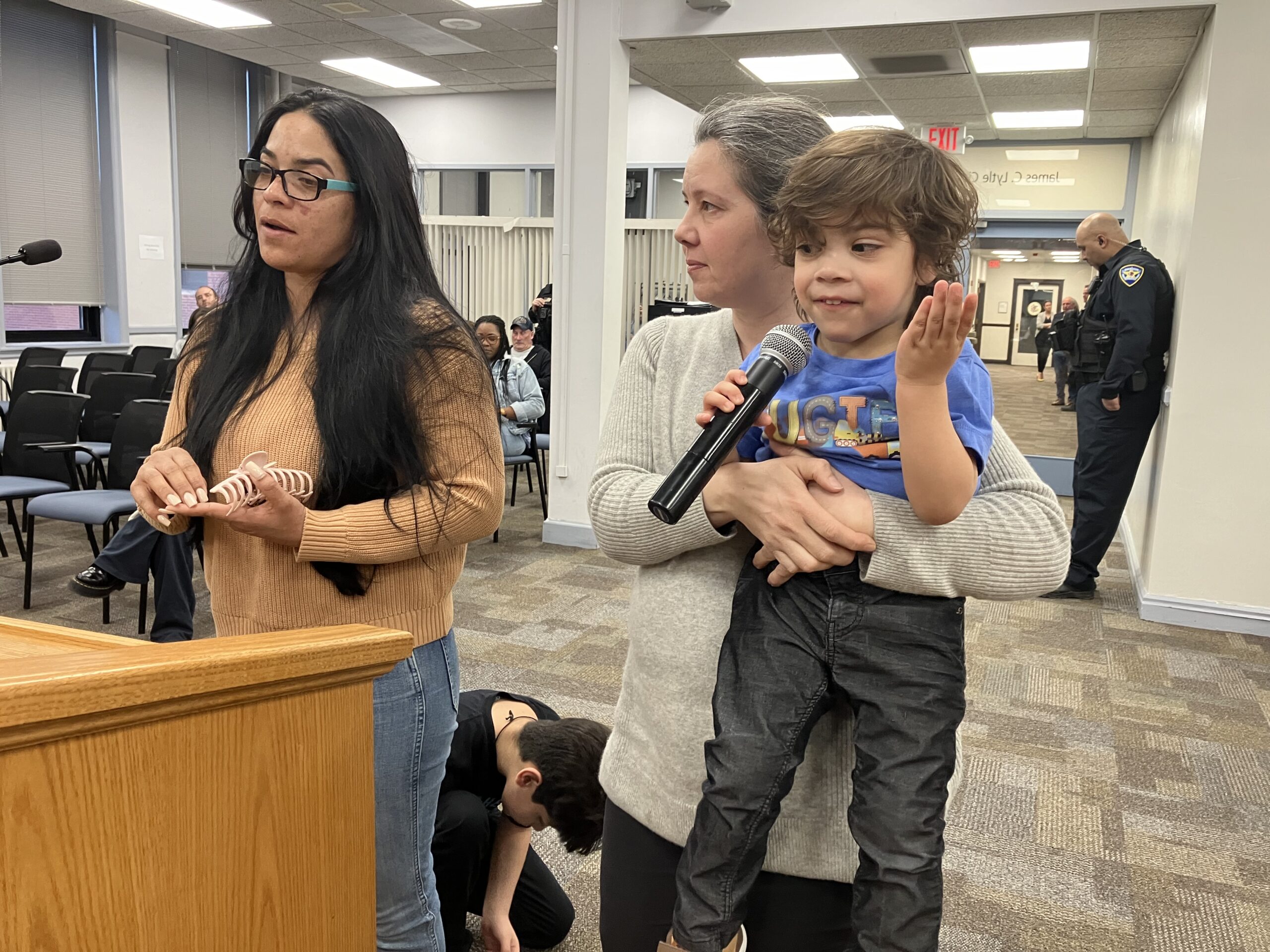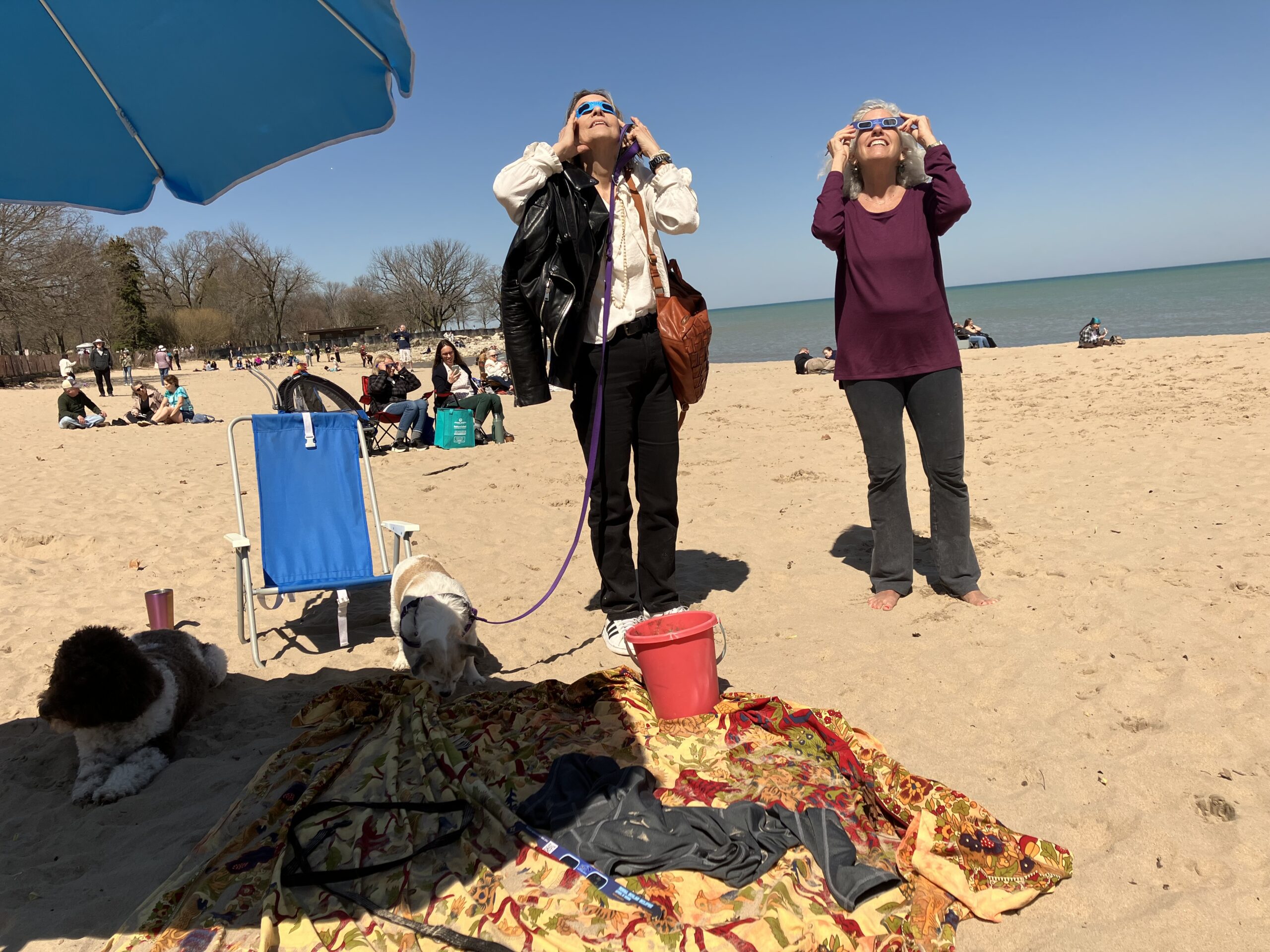By Bob Seidenberg
The City Council’s Human Services Committee on Monday, May 1, recommended that Evanston establish a Fair Workweek Ordinance, forwarding the issue to the full council.
But two fields at opposite ends of the spectrum – child care, as well as life care and nursing care facilities – won’t be included in the ordinance after representatives argued that with staffing tight since COVID-19 began, the requirements would make it difficult for them to operate.
The proposed ordinance requires employers to give workers 14 days notice of their work schedule and compensate workers if the schedule changes within that 14-day window. It also requires that current part-time employees be offered shifts before an employer posts additional part-time positions.
In addition, the legislation bans “clopening shifts,” (working a late closing shift one day and then an early opening shift the next) by requiring a minimum of 11 hours between shifts so workers can rest or sleep. Otherwise employers must pay additional compensation, said Alison Leipsiger, the city’s policy coordinator.
But during the public comment portion of the meeting, leaders of some of the city’s top life care and nursing care facilities argued that some provisions go against the nature of their operations.
David Murlette, senior vice president for The Mather Evanston, was one of three representatives of life care and nursing care facilities who addressed the committee, requesting that his industry be exempted.
Exemptions sought
“The Mather averages six call off [absences] each day and most of those must be filled quickly,” Murlette said. “We strive to fill every shift with our own employees that we know are highly trained and trustworthy. But it’s impossible to wait 24 hours for a part-time employee to decide whether to work.”
Nadim Abi-Antoun, chief operating officer of Presbyterian Homes, said the facility has struggled during the COVID-19 era with “the worst staffing shortage experienced in recent U.S. history. On a regular basis, he said, “we have [36] vacancies that we have to fill, with 30% turnover and overtime expenses.”
“The Fair Workweek Ordinance is only going to add to those financial burdens, of not just Presbyterian Homes but all senior living providers in the Evanston market,” he said.
“We are still coming out of COVID from a census standpoint and a financial standpoint as an industry. Our communities only took the masks off on April 17. So we’ve been really continuing with the COVID impact up until very recently.”
During committee discussion of the issue, Council Member Devon Reid (8th Ward), who with Mayor Daniel Biss has been one of the chief advocates for the ordinance, said he heard the concerns of the nursing home industry.
But Reid noted that industry employees, while not minimum-wage workers, are on the lower end of the wage scale and “that these are particularly the employees that we’re looking to protect and make sure they have firm rights.”
‘More attractive for workers’
With a Fair Workweek Ordinance in place, Reid said, “I believe Evanston will be a more attractive place for workers in the nursing industry, in the restaurant, retail, across the board. And I believe it will increase the level of service for our seniors and for the folks living in these living care long-term facilities,” noting studies showing an increase in worker morale and profit for businesses.
Stephen Vick, executive director of the Early Childhood Council, who was attending the meeting on another matter, asked the committee to hold off action on the ordinance to allow him to talk with his members.
Vick said his organization, composed of 40 early childhood groups, “could look at the ordinance, give you some feedback and thoughts and just try to flush it out a little bit.”
If the City of Chicago exempted his industry in their ordinance, he said, “there may be a reason that we want to exempt us as well.”
Council Member Juan Geracaris (9th Ward), said he viewed the ordinance “as really important for our employees, especially in the retail area. And I think we’re really seeing a lot of intricacies around certain specific industries we really want to get right.”
Geracaris said he wondered why health care wasn’t included in the exclusions, because “COVID is still here. It’s still something that affects us, especially our elderly community.”
Mayor Biss, who is not a member of the committee, asked to speak, saying he wished to echo Geracaris’ point and said “the retail subject matter is really kind of core to what this is about.”
The Fair Workweek Ordinance had already been tabled at the Feb. 6 Human Services Committee meeting and then tabled again on March 6, as council members responded to concerns, primarily raised by local restaurant owners, about how the ordinance would work.
“We’ve been nervous for a couple of months, wanting to see what direction folks were going to head,” Biss said, “and I don’t know that an additional lengthy period of delay improves the situation.”
The committee first voted 3-1 on an amendment removing child care, life care and nursing care facilities from the measure, with Reid the lone “no” vote. Council Member Bobby Burns (5th Ward), who was participating remotely, could not be heard casting a vote.
The committee then voted 4-1 in favor of the revised ordinance, with Burns the lone opposed vote, sending the matter to the full council.
